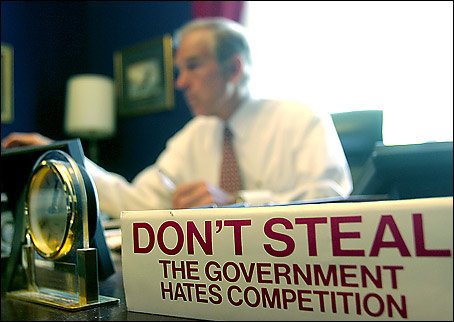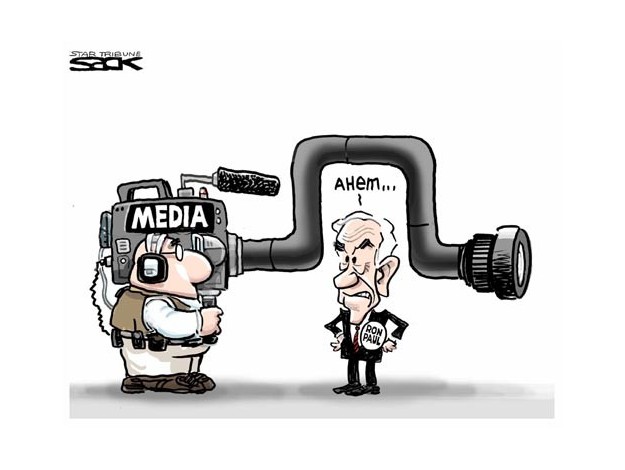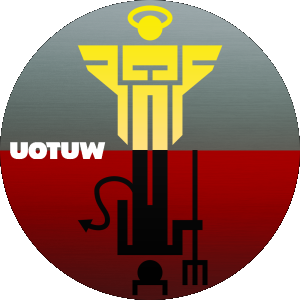CENTRALIZATION
Of Power, Paradox, & Language Control
Depending on social circumstances at any particular moment, Americans both believe as well as don’t believe in their freedoms.”
—Erik Blaire, Orwell’s Warning: The Greatest Amerikan Paradox (2010)
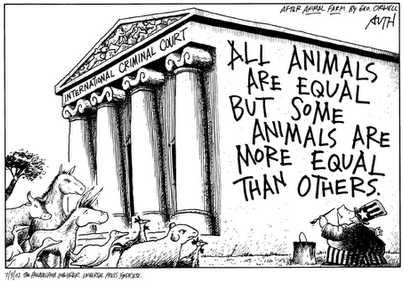
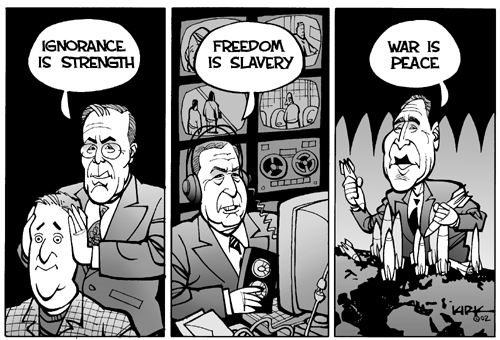
The American must go outside his country and hear the voice of America to realize that his is one of the most spectacularly lopsided cultures in all history. The marvelous success and vitality of our institutions is equaled by the amazing poverty and inarticulateness of our theorizing about politics. No nation has ever believed so firmly that its political life was based on a perfect theory. And yet no nation has ever been less interested in political philosophy or produced less in the way of theory. If we can explain this paradox, we shall have a key to much that is characteristic … in our institutions.” i
—Daniel Boorstin, Hidden History, (1987)
Any paradox must contain two ostensibly contradictory assertions–in this case, that the American past has been filled with violence, and that the stability and continuity of America’s vital public institutions have been extraordinary. How can we account for this?” ii
—Hugh D. Graham, The Paradox of American Violence, (1970)
The secular [or non-religious] state came from the zeal of religion itself.” iii
—Garry Wills, Under God: Religion and American Politics (1990)
If the American paradoxes of politics and violence are inseparable, and the paradox of religion is inseparable from politics, then couldn’t we consider all three as different faces of a single underlying state of contradiction? Either way, what can this possibly mean for American “freedom”? iv
—Erik Blaire, Orwell’s Warning: The Greatest Amerikan Paradox (2010)
I own property and DON’T own property at the same time.” v
—Marc Stevens, Adventures In Legal Land (2002)
American society was [from the start] riddled with contradictions. … The Revolution was the source of its own contradictions. … In many respects this new democratic society…[became] the very opposite of the one the revolutionary leaders had envisaged.” (Page uncertain)
–G. S. Wood, The Radicalism of the American Revolution (1992)
These contradictions are not accidental, nor do they result from ordinary hypocrisy: they are the deliberate exercises in doublethink. For it is only by reconciling contradictions that power can be retained indefinitely. … If equality is to be forever averted—if the High … are to keep their places permanently—then the prevailing mental condition must be controlled insanity.” vi
—Orwell’s 1984
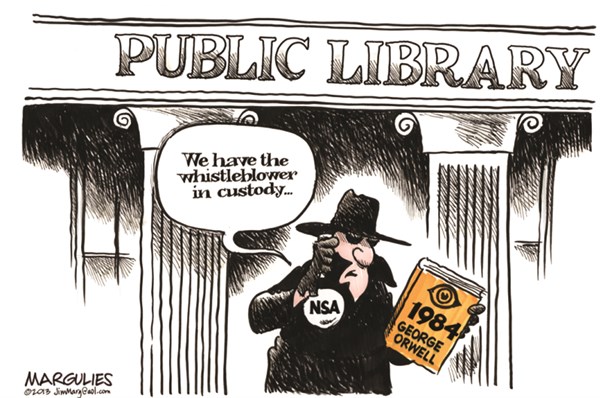
George Orwell’s 1984 is the expression of a mood, and it is a warning. The mood it expresses is that of near despair about the future of man, and the warning is that unless the course of history changes, men all over the world will lose their most human qualities, will become soulless automatons, and will not even be aware of it.”
—Erich Fromm, From the 1961 “Afterword” of Nineteen Eighty Four (1949)
The command of the old despotisms was ‘Thou shalt not.’
The command of the totalitarians was ‘Thou shalt.’
Our command is ‘Thou art.’
–O’Brien, of the Thought police in Orwell’s 1984
definition … noun … 1 : an act of determining or settling : as
a Roman Catholicism : an official statement concerning a matter of faith
b : a prescribed or official standard for a commercial product …
c : the fixing or determination of social character …
–Webster’s Third New International Dictionary, 1986
a + b + c = human “resource”
Homo Sapien “Mitochondrion”
a.k.a. the “New Normal”
Definers (persons who insist on defining others) are like pathogenic
micro-organisms: both invade, parasitize, and often destroy their victims.”–Thomas Szasz, The Untamed Tongue:
A Dissenting Dictionary, 1990
…[We]’ve all heard politicians use the words “democracy” and “freedom” countless times. They are used interchangeably in modern political discourse, yet their true meanings are very different. They have become what George Orwell termed “meaningless words.” Words like “freedom,” “democracy,” and “justice,” Orwell explained, have been abused for so long that their original meanings have been eviscerated. In Orwell’s view, such words were “often used in a consciously dishonest way.”
Without precise meanings behind words, politicians and elites can obscure reality and condition people to reflexively associate certain words with positive or negative perceptions. In other words, unpleasant facts can be hidden behind purposely meaningless language. As just one example, Americans have been conditioned to accept the word “democracy” as a synonym for freedom. Thus we are conditioned to believe that democracy is always and everywhere benevolent.
The problem is that democracy is not freedom. Democracy is simply majoritarianism, which is inherently incompatible with freedom. …
Freedom is living without government coercion. So when a politician talks about freedom or liberty–regardless of the issue being discussed–ask yourself whether he is advocating more government force or less. …
… Our task, therefore, is to reclaim our language … If we hope to remain free, we must cut through the fog and attach concrete meanings to the words politicians use to deceive us.
–Dr. Ron Paul, Democracy is Not Freedom, 8/2012. (bold added)
Political language … is designed to make lies sound truthful and murder respectable, and to give an appearance of solidity to pure wind.”
–George Orwell
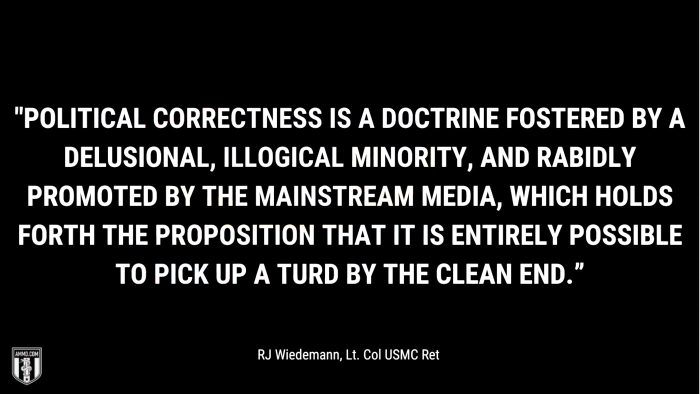
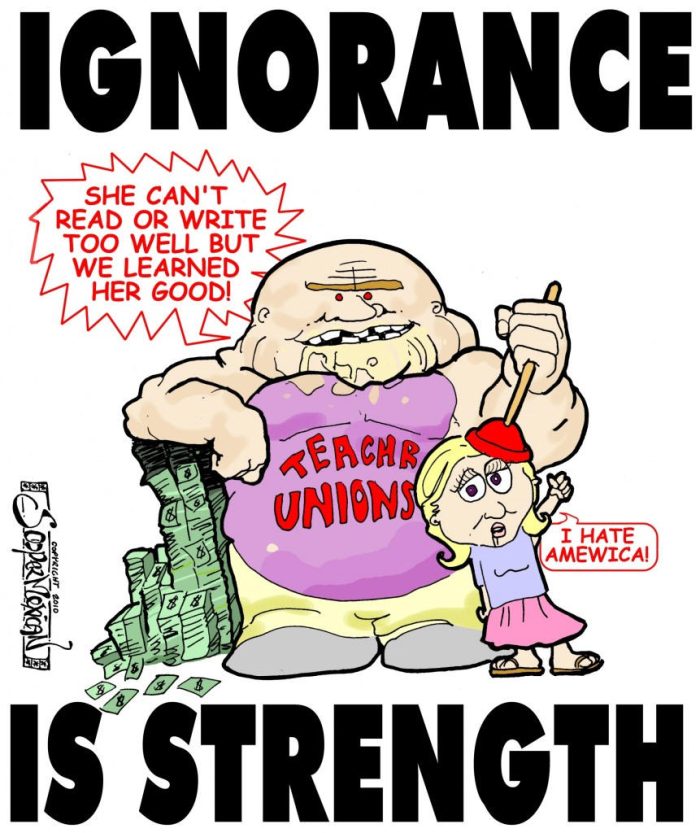
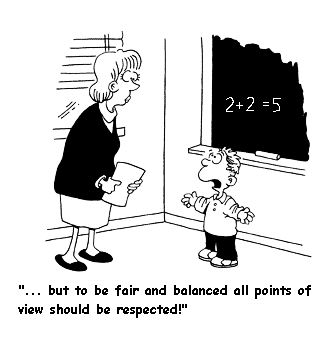
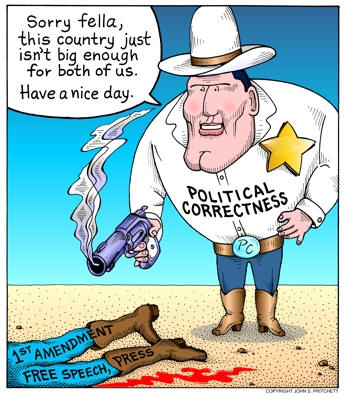

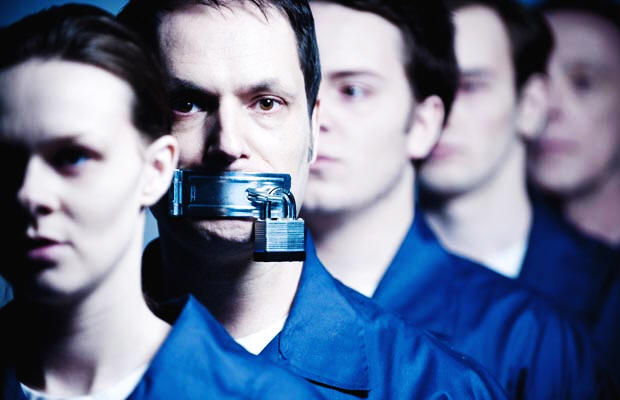
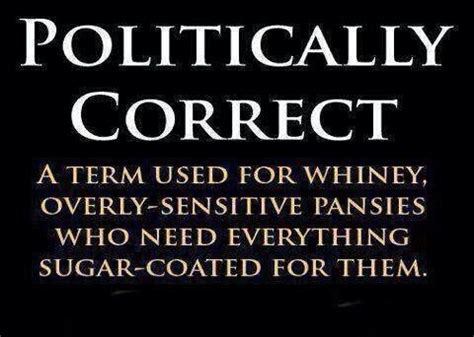
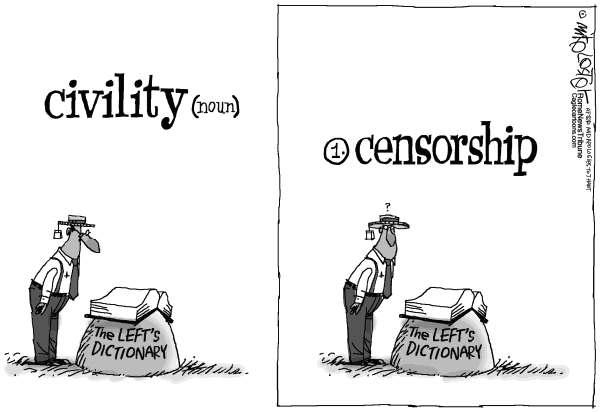
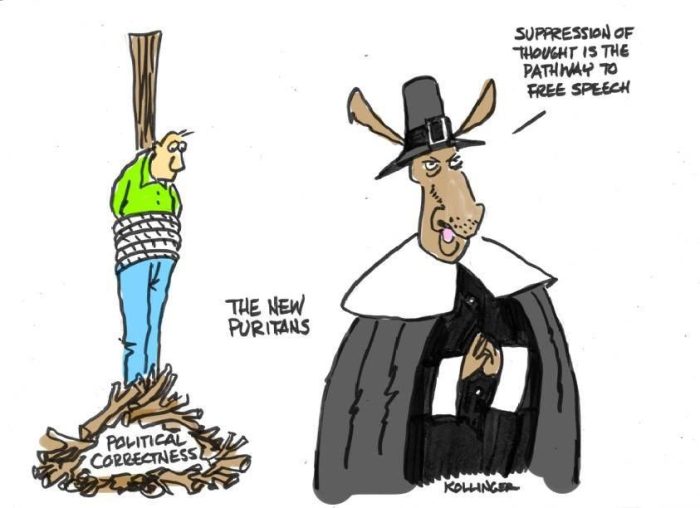
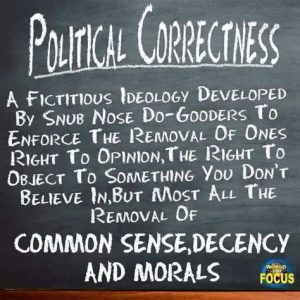
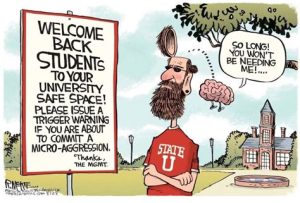
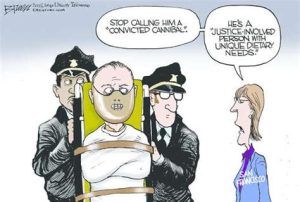
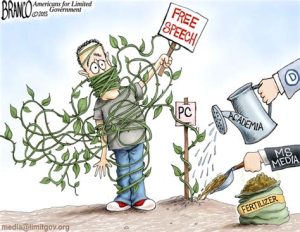
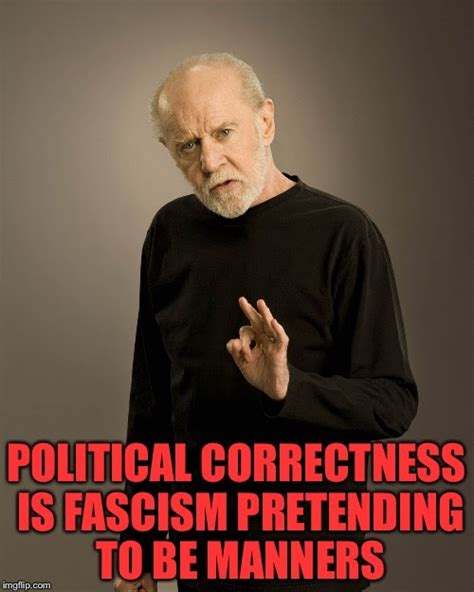
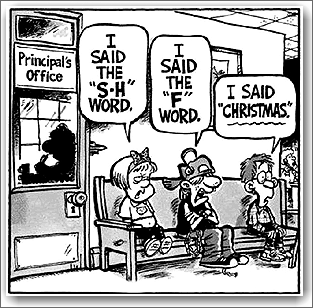
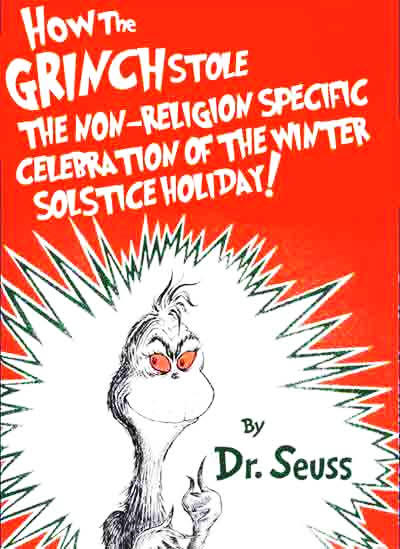
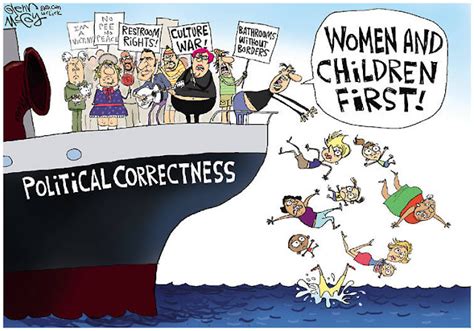
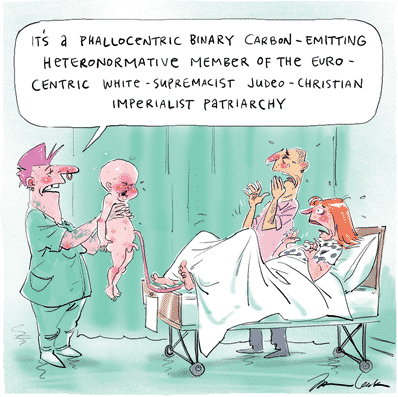
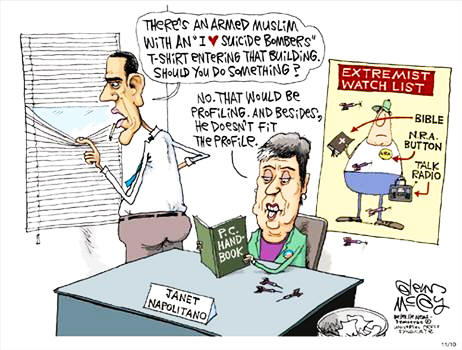
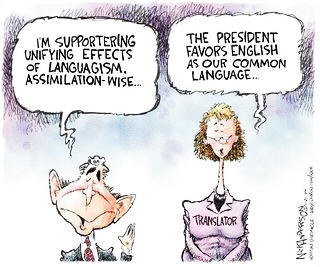
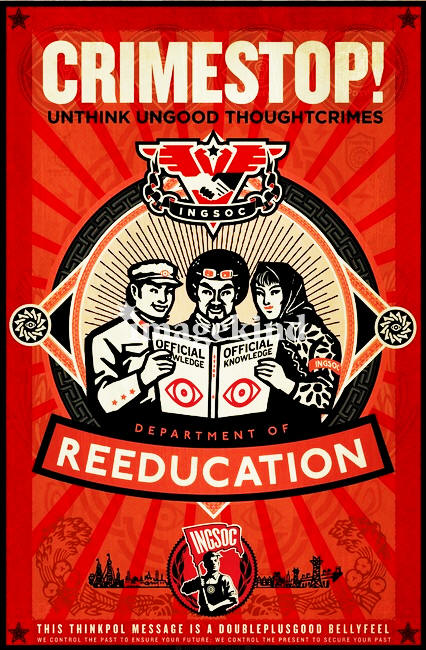
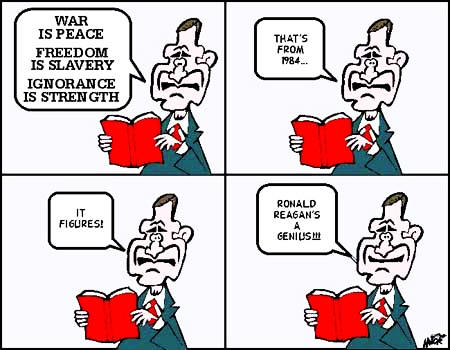
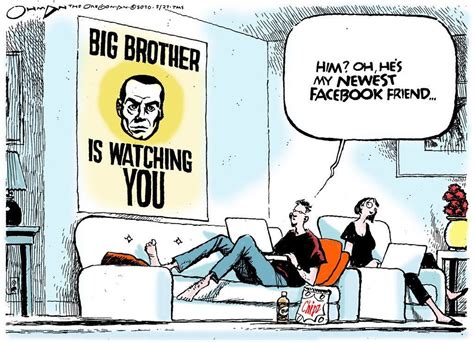
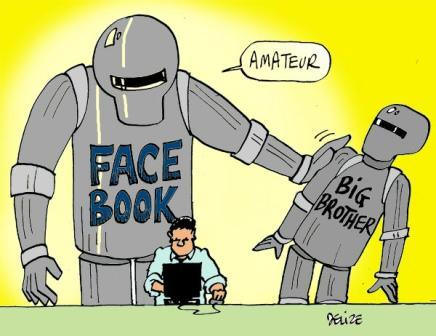
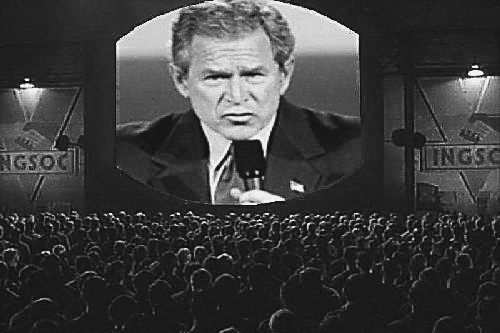
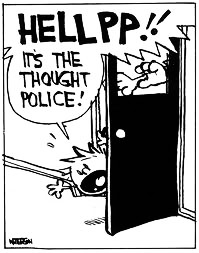
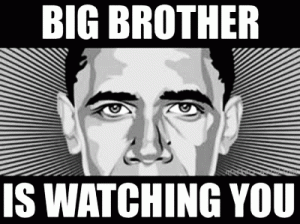
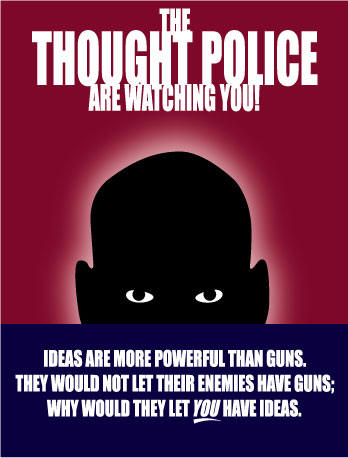
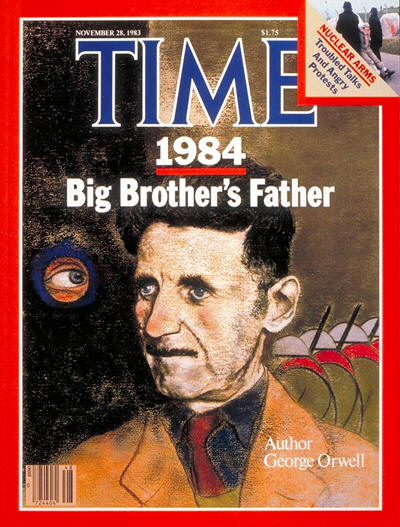
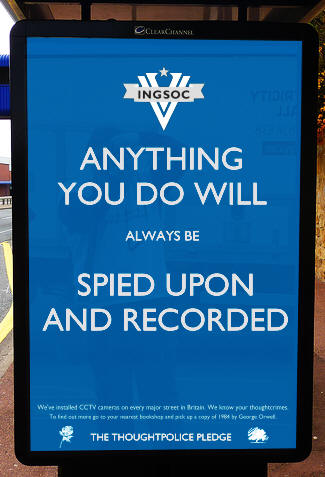
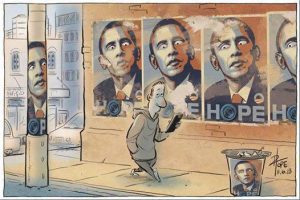
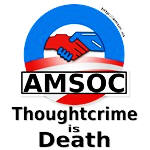
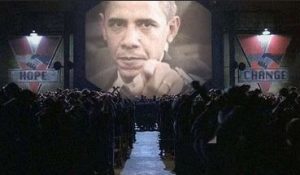
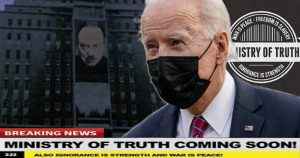

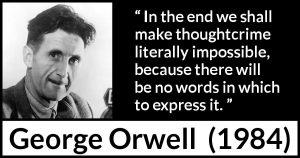
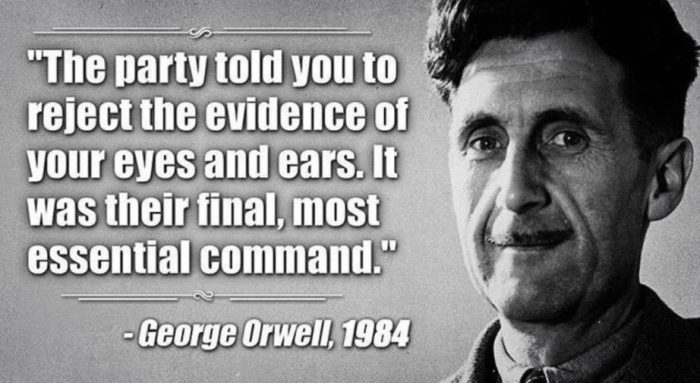
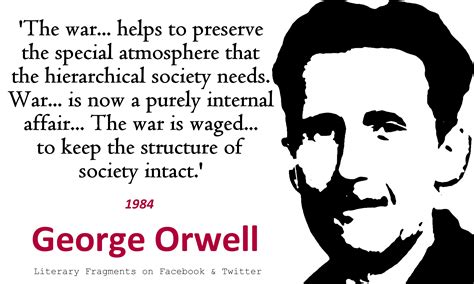



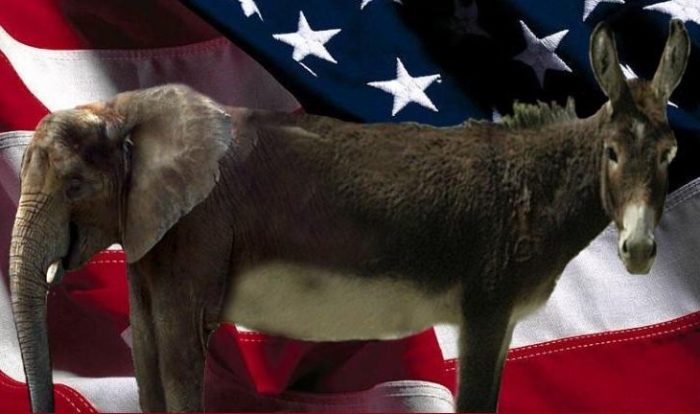
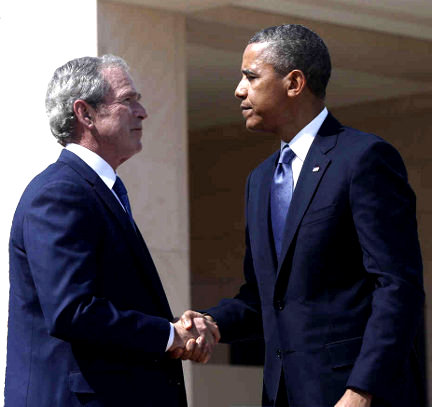




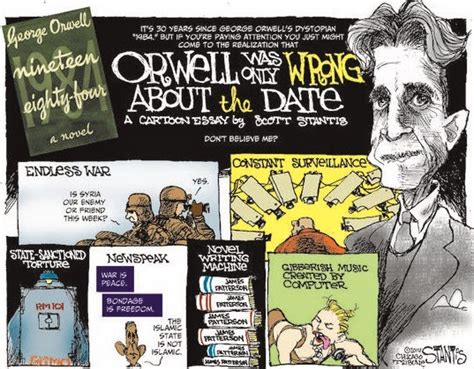
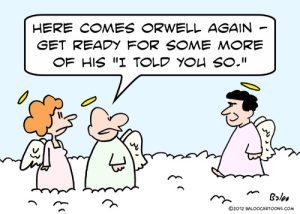

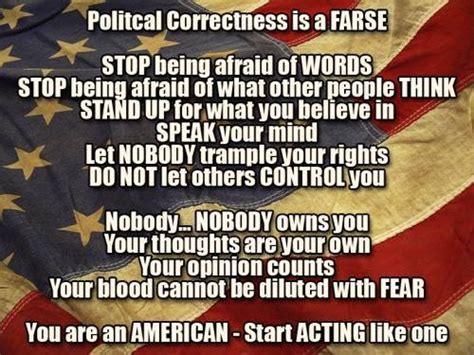
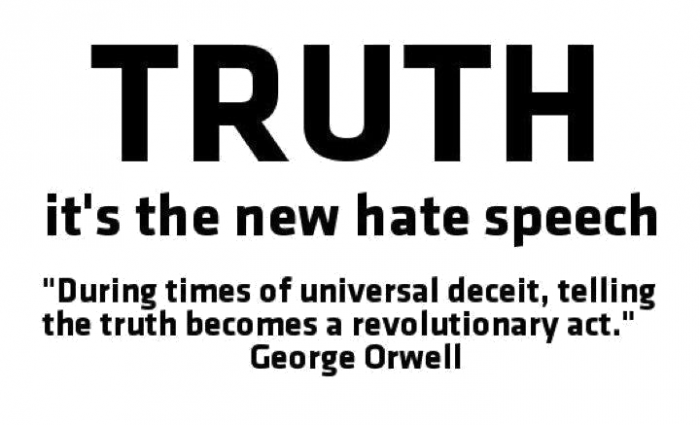
Question? Comment? Criticism? Contact: erikblaire@riseup.net
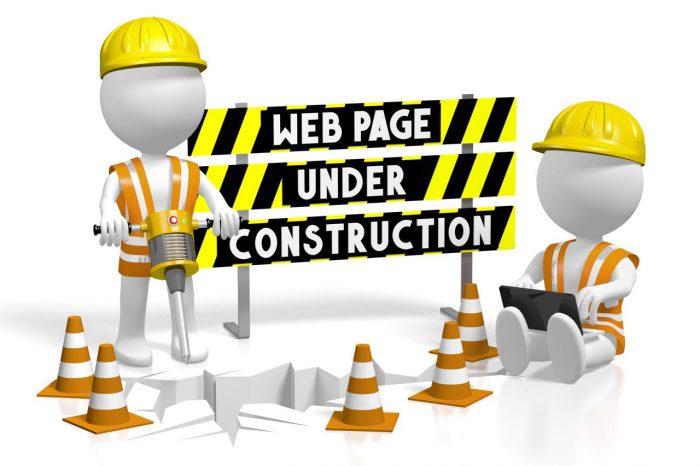
iP. 76
iiThe Annals of the American Academy of Political and Social Science, Vol. 391, September, 1970 P. 76
iiiP. 352
ivP. 20-21
vP. 184
viP. 178, italics added


